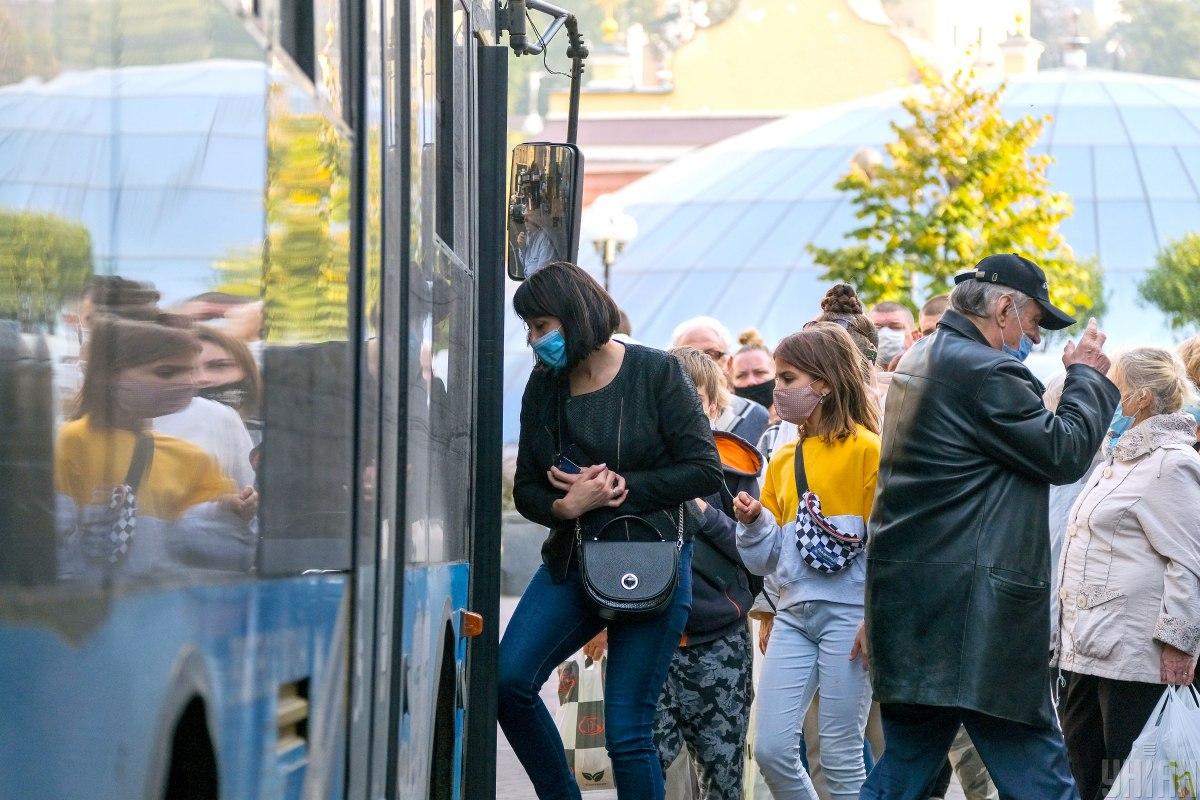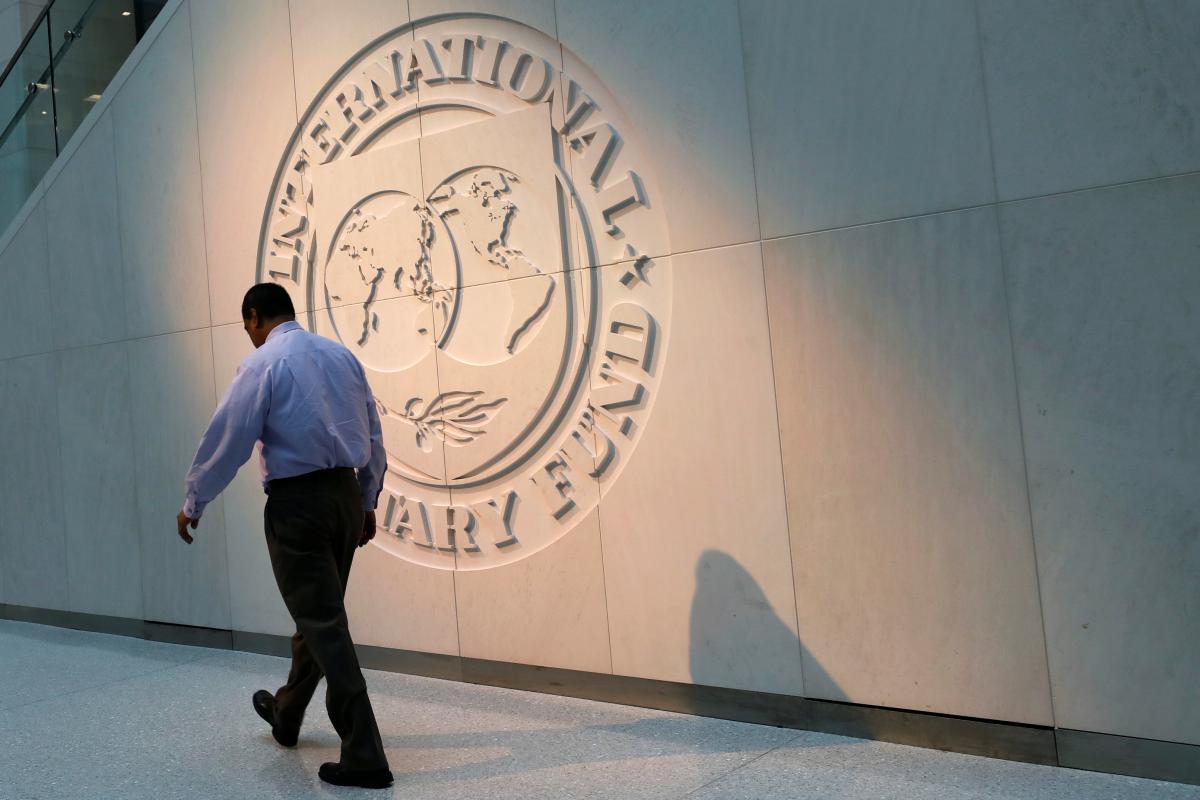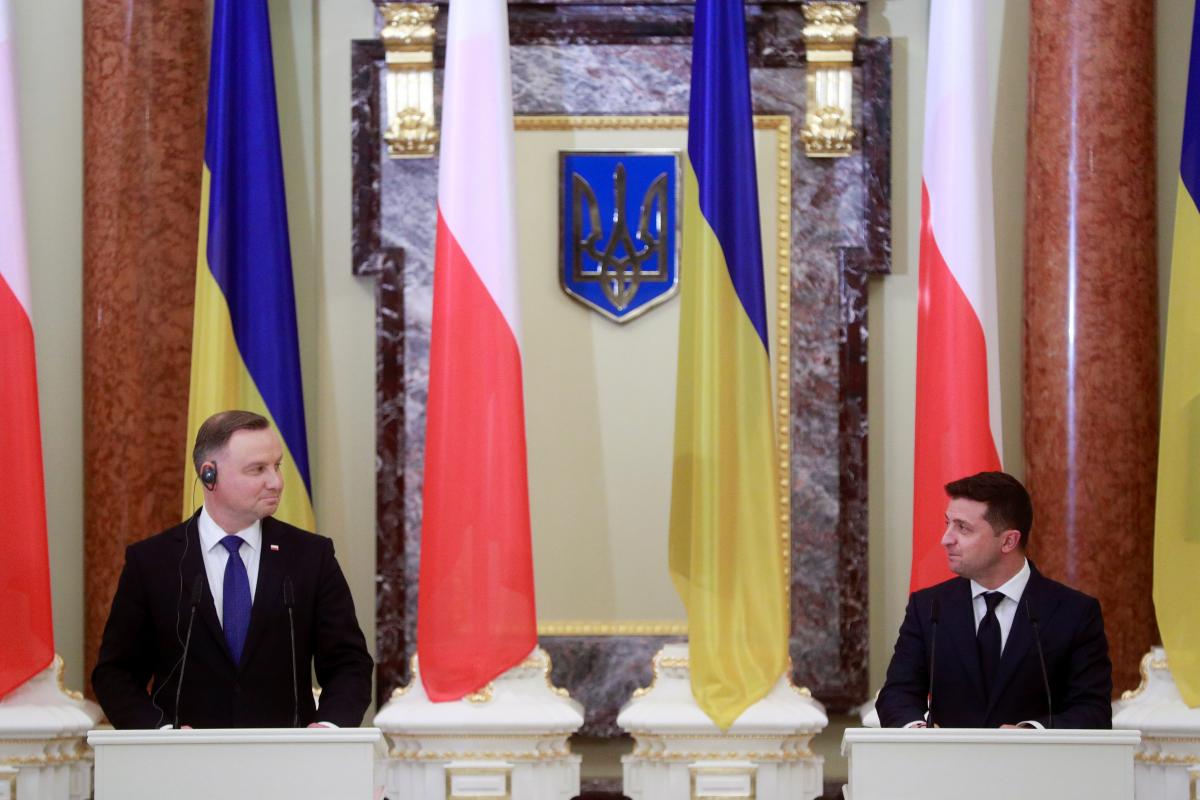
Week's balance: Cabinet extends quarantine, IMF improves forecast for Ukraine economy development, while Kyiv and Warsaw expand cooperation
The government extended the adaptive quarantine until the end of 2020, the IMF upgraded its forecast for the fall of the Ukrainian economy, while Zelensky and Duda agreed to expand economic bilateral cooperation.
Rapid growth in the number of new COVID-19 cases and the increasing pressure on the health care system left the government no choice but to extend the adaptive quarantine until year-end. This approach, already known to Ukrainians, this time resulted in additional restrictions on businesses.
Health Minister Maksym Stepanov said the changes would affect restaurants and cafes – the industry that has already suffered massively from quarantine bans.
"It is proposed to introduce caps on working hours of restaurants and other establishments – no later than 22:00," the minister said, explaining that only delivery and takeaway will be allowed from 22:00 to 7:00.

While being expected and quite logical, the Cabinet's decision on extending the adaptive quarantine model once again raises the question of survival for businesses and local governments. After all, it is on small and medium-sized businesses and local authorities that the quarantine has since March been imposing the greatest economic and financial burden.
By signing amendments to the Budget Code in terms of local self-government, President Volodymyr Zelensky provided certain assistance to the regions. The document provides for the differentiation of income and expenses between the budgets of districts and territorial communities, as well as the establishment of equal conditions for rural, settlement, and urban territorial communities in budgetary coverage. The decision brings a bit of clarity into local finances.
Also, in the outgoing week, Zelensky signed a decree on the transfer of agricultural land from state to communal ownership. According to the president, this will allow communities to make additional profits and then invest funds in own development.
"I congratulate everyone: on October 26, all newly created communities should receive land in communal ownership, and will be able to utilize funds from land use for the development and well-being of their communities ... In total, local governments will receive ownership of 2 million hectares of land – this is truly a historic day," noted the head of state.
Economic life amid coronacrisis
This week, Ukraine's key creditor, the International Monetary Fund in its global outlook said the country's economy this year will contract by 7.2% instead of 8.2% projected in June.

The Fund also significantly improved forecast for the recovery of the Ukrainian economy in 2021. In their June report, the it was expected at 1.1%, while the October report suggests it could be 3%.
What should especially please the Ukrainians is the IMF's expectation regarding inflation and unemployment.
According to the Fund's forecast, consumer inflation in Ukraine in 2020 will amount to 3.2% (in the June forecast it was 4.5%), and in 2021 – to 6% (7.2% in June). Unemployment in 2020 will stand at 11% (in the June forecast it was 12.6%), and in 2021 – at 9.6% (12% in June).
It is obvious that the government's turning down of the rigid quarantine model, as well as the gradual recovery of internal and external business activity, were the key reasons for the forecast being revised. At the same time, the epidemic aggravation in Ukraine and beyond may well take the IMF back to more pessimistic estimates.
The positive dynamics noted by the Fund was this week reflected in the data of the Ministry for Development of Economy, Trade and Agriculture.
According to operational data, the fall in the gross domestic product in the first eight months of 2020 slowed down to 5.8% after plunging by 6.2% in January-July.
The Ministry of Economy noted that all types of industrial activity, urban development, transport, trade, as well as agriculture have improved their dynamics.
Last week, Finance Minister Serhiy Marchenko said the situation was improving in public finances.
"As of May 1, non-fulfillment of budget plan for revenues was negative UAH 44 billion. Today it is already negative UAH 10 billion. That is, over the past five months we have managed to catch up with the gap in budget revenues target by UAH 34 billion," he said.
This happened, among other things, thanks to the optimization tax and customs services' performance, improved tax administration, and the elimination of shady schemes and VAT fraud.
Ukraine and Poland's transport ambitions

One of the main political and economic events of the outgoing week was the two-day visit to Ukraine of the Polish President, Andrzej Duda. This time the visit was almost entirely about joint transport and infrastructure projects.
In particular, during the negotiations, the Administration of the Seaports of Ukraine and the Board of the Seaport of Gdansk agreed to jointly develop the transport corridor between the Black and Baltic Seas.
Ukraine's Minister of Infrastructure Vladyslav Kryklii said the agreement would expand cooperation in the field of container sihpping.
“The memorandum will allow expanding significantly the geography of container traffic from China via Ukraine to Poland, to Europe and back, carrying them out in different ways, by different types of transport, without stops," he said.
Obviously, such a transport corridor will not be able to operate in full without developed railway communication, therefore, at the meeting with his Polish counterpart, President Zelensky stressed the issue's importance.
"Both Ukrainians and Poles should have comfortable conditions for mutual trips, in particular, rail links should connect more and more of our cities – Ukrainian and Polish ones," Zelensky said.
With regard to road communications, the latest meeting exposed the existing problems in dialogue.
In particular, Minister of Infrastructure Kryklii once again stated that the Poles should be giving at least 200,000 permits annually for international road freight transport, which is 40,000 more than the quota set for 2020.
The Polish side has not yet agreed to raise quotas.
However, individual issues did not negate the desire of the two states to develop transport and infrastructure cooperation. The parties agreed to continue work on Ukraine's possible accession to the European Economic Initiative Three Seas, which unites 12 EU countries located between the Baltic, Adriatic, and Black Seas.
The next week promises to be as "political" as possible in connection with the local elections scheduled for October 25, but there will still be a place for economic news.
In particular, the National Bank will make a decision on the key rate, thereby setting the vector of the banking sector development. Also, the State Statistics Service will report on industrial performance over the nine months of 2020.
Pavlo Stepanets

